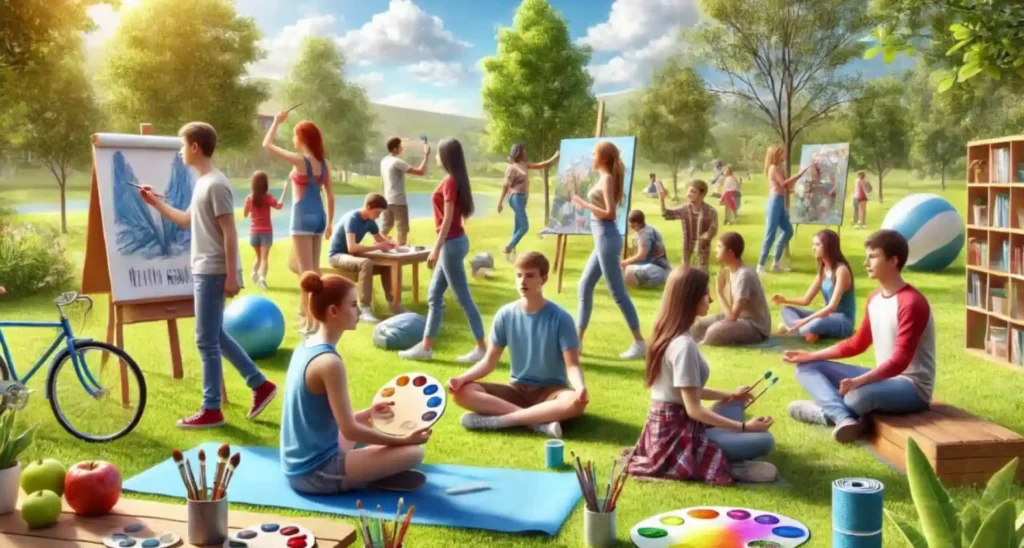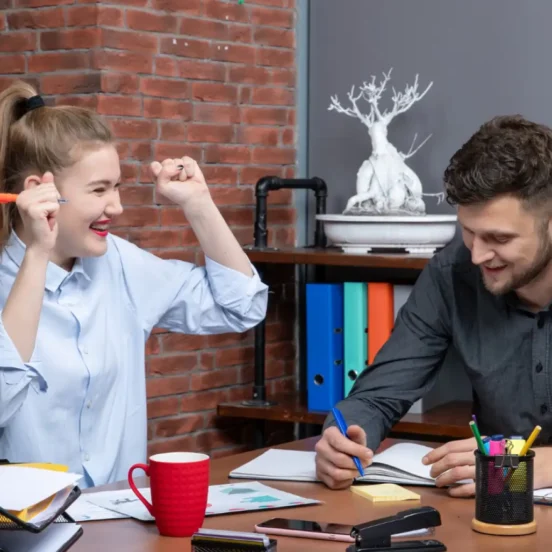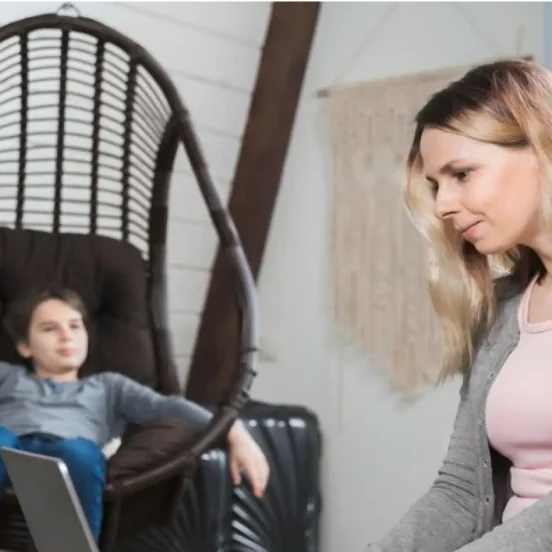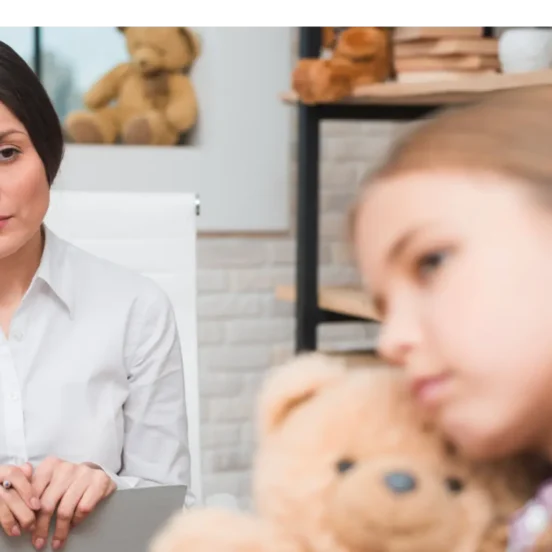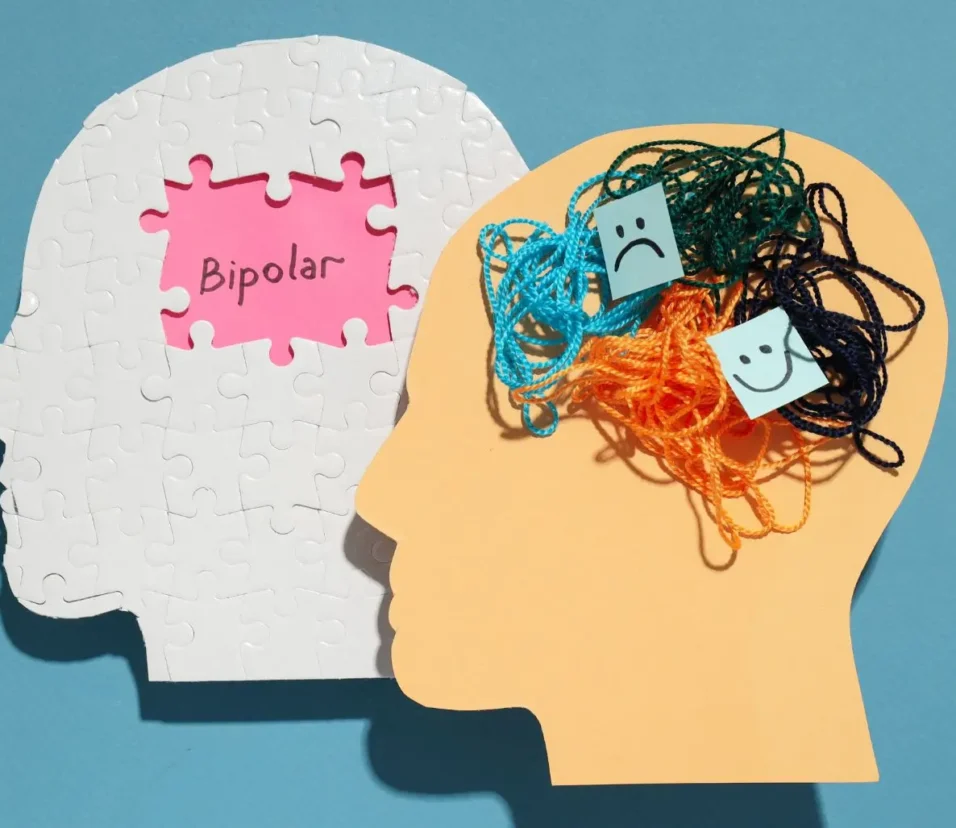Effective Mental Health Activities for Teens
Teenagers are facing unprecedented levels of stress and anxiety. The pressures of academics, social dynamics, and the looming uncertainties of the future can take a significant toll on their mental health. Have you ever wondered what practical steps can be taken to support the mental well-being of teens?
Mental health activities play a crucial role in helping teens navigate these challenges, promoting emotional balance and resilience. In this blog, we will explore a variety of engaging and effective mental health activities tailored for teens, aiming to empower them with the tools they need for a balanced and fulfilling life.
What is Teen Mental Health?
Teen mental health encompasses the emotional, psychological, and social well-being of adolescents. It affects how they think, feel, and act, influencing how they handle stress, relate to others, and make decisions. During the teenage years, individuals undergo significant developmental changes that can impact their mental health.
Hormonal shifts, academic pressures, and social dynamics all play a part in shaping a teen’s mental state. Common mental health challenges for teens include anxiety, depression, and mood disorders, which can stem from various sources such as peer pressure, family issues, or traumatic experiences.
Understanding these aspects is essential to providing the right support and interventions to help teens thrive.
Why Mental Health Activities are Crucial?
Mental health activities are essential for teens as they offer practical ways to manage stress, build resilience, and enhance overall well-being. Engaging in these activities helps teens develop coping mechanisms, improves their emotional regulation, and fosters a sense of accomplishment and self-worth.
For instance, regular physical exercise releases endorphins, which are natural mood lifters. Creative activities like painting or writing provide an outlet for expressing emotions and can be therapeutic—mindfulness practices such as meditation help in reducing anxiety and promoting calmness.
According to the National Institute of Mental Health, incorporating these activities into daily routines can significantly mitigate the impact of mental health issues, leading to improved academic performance and better social interactions.
By prioritizing mental health activities, teens can develop a robust toolkit to navigate the complexities of adolescence and emerge as healthy, well-rounded individuals.
Therapy Activities for Teens
Therapy activities for teens are designed to provide structured and supportive environments where young individuals can explore their emotions, develop coping skills, and build healthy relationships. These activities often include both individual and group sessions, offering a blend of personal reflection and social interaction.
Therapeutic group activities for youth, in particular, are highly effective as they encourage peer support and collaboration, which can be incredibly empowering for teens. Through these activities, teens learn to communicate better, resolve conflicts, and gain insights into their behaviors and thoughts.
Here are some effective therapy activities for teens:
Art Therapy
Teens use various art supplies to create visual representations of their feelings and thoughts, helping them to externalize and process emotions that might be difficult to articulate.
Working with tactile materials allows teens to express themselves in a non-verbal way, which can be particularly helpful for those who find it hard to talk about their feelings.
Combining different materials to create art pieces can help teens explore their identities and experiences creatively.
Cognitive Behavioral Therapy (CBT) Exercises
Teens keep a diary of their thoughts, emotions, and behaviors to identify negative patterns and triggers. This practice helps them understand and manage their responses to stressors.
Engaging in activities that they usually avoid due to negative thinking helps to break the cycle of depression and anxiety by promoting positive experiences.
Gradually facing fears in a controlled and safe environment to reduce anxiety and build confidence.
Mindfulness and Meditation
Listening to recorded or live guidance to help focus the mind and relax the body. This can significantly reduce stress and promote a sense of calm.
Techniques such as deep breathing, diaphragmatic breathing, and the 4-7-8 technique to help manage anxiety and improve emotional regulation.
Focusing attention on different parts of the body to release tension and increase awareness of physical sensations.
Role-Playing and Drama Therapy
Acting out various situations to practice responses and explore different perspectives. This can improve empathy and social skills.
Engaging in spontaneous acting activities that encourage creativity and quick thinking, helping teens become more adaptable and confident.
Creating and sharing stories that reflect personal experiences and challenges which can help teens process and communicate their emotions.
Group Discussions and Support Groups
Regular meetings where teens can share their experiences and provide mutual support. This helps reduce feelings of isolation and build a sense of community.
Focused conversations on specific topics such as stress management, relationships, or self-esteem, guided by a therapist to provide structure and depth.
Collaborative sessions where teens work together to find solutions to common issues, fostering teamwork and critical thinking.
Physical Activities and Sports
Engaging in sports like soccer, basketball, or volleyball to promote physical fitness, teamwork, and a sense of accomplishment.
Practices that combine physical postures, breathing techniques, and meditation to enhance both physical and mental well-being.
Hiking, biking, and other outdoor pursuits offer the benefits of physical exercise and exposure to nature, which can be calming and rejuvenating.
Mental Health Awareness Activities for Students
Raising mental health awareness among students is crucial in fostering a supportive and understanding school environment. Mental health awareness activities educate students about mental health issues, reduce stigma, and promote early intervention.
These activities can be integrated into the school curriculum and extracurricular programs to ensure that students have ample opportunities to learn and discuss mental health topics.
By engaging students in these activities, schools can create a more inclusive and empathetic community where every student feels supported and understood.
Workshops and Seminars
Hosting workshops and seminars on mental health topics is an effective way to educate students about mental health issues. These sessions can cover a range of topics, such as stress management, recognizing signs of mental illness, and the importance of seeking help.
Inviting mental health professionals to speak can provide students with expert insights and practical advice. Interactive elements like Q&A sessions and group discussions can further engage students, making the learning experience more dynamic and impactful.
Mental Health Awareness Campaigns
Launching mental health awareness campaigns within the school can significantly reduce stigma and promote a culture of openness. These campaigns can include activities such as poster contests, social media challenges, and awareness days where students and staff wear specific colors to show support for mental health.
Creating informational materials like brochures and flyers to distribute around the school can also help spread awareness. By involving students in the planning and execution of these campaigns, schools can foster a sense of ownership and commitment to mental health advocacy.
Peer Support Programs
Establishing peer support programs allows students to connect with their peers who have received training in providing emotional support and guidance. Peer supporters can offer a listening ear, share coping strategies, and direct students to professional resources when necessary.
These programs help create a safe space for students to talk about their mental health without fear of judgment. Additionally, training students as peer supporters empowers them with valuable skills in empathy, communication, and leadership.
Mindfulness and Relaxation Sessions
Incorporating mindfulness and relaxation sessions into the school day can help students manage stress and improve their overall well-being. These sessions can include activities such as guided meditation, deep breathing exercises, and yoga.
Providing a quiet space where students can practice mindfulness techniques during breaks can also be beneficial. Regular mindfulness sessions can teach students how to stay present, reduce anxiety, and enhance their focus and concentration.
Mental Health Education in the Curriculum
Integrating mental health education into the school curriculum ensures that all students receive comprehensive information about mental health. Lessons can cover topics such as emotional intelligence, resilience, and healthy coping mechanisms.
Including mental health education in subjects like health, physical education, and even literature can provide students with diverse perspectives and a deeper understanding of mental health.
Collaborating with mental health professionals to develop age-appropriate and relevant content can enhance the effectiveness of this education.
Bottom Line
Implementing mental health activities for teens is essential in promoting their overall well-being and helping them navigate the complexities of adolescence. By integrating therapeutic group activities, raising mental health awareness, and providing supportive environments, we can empower teens to manage their mental health effectively.
These efforts not only enhance their emotional resilience but also foster a more inclusive and empathetic community. Prioritizing mental health activities for teens is a crucial step in ensuring that they grow into healthy, well-adjusted adults.


